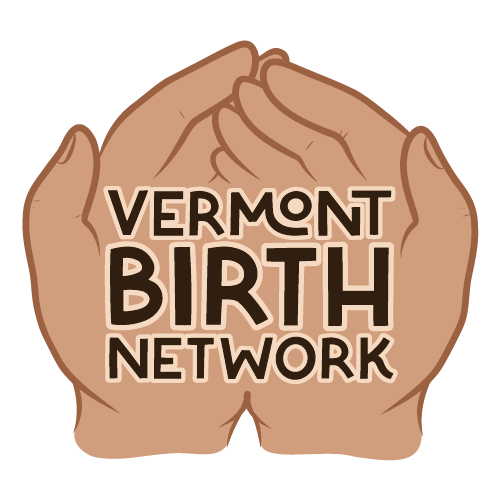
Birth Doulas
Labor Support, Advocacy, and Continuous Care for Vermont Families
A birth doula is a trained professional who provides emotional, physical, and informational support during pregnancy and labor. They offer comfort measures, reassurance, and guidance so families feel supported and informed through every stage of childbirth. They work alongside your clinical team to help you have a birth experience that feels safe and aligned with your preferences.
-

Meghan Bello
-

Meg Bronz
-

Arrity Deakin
-

Heather Gallagher
-

Missi Greiner
-

Emma Huvos
-

Demi Joy-Carr
-

Molly Kramer
-

Laura Ladieu
-

Heather LeFoll
-

Madeline Mindich
-

Ashley Norris
-

Molly Paskin
-

Emily Piazza
-

Vermont Doula Company

Search by Location
Frequently Asked Questions
-
A birth doula offers hands-on comfort measures, emotional support, evidence-based information, and continuous presence during labor. They do not provide medical care but work alongside your clinical team to support your birth preferences.
-
No. A midwife is a medical professional who provides clinical care, monitors health, and delivers babies. A doula provides non-medical support focused on comfort, communication, and emotional well-being.
-
Most doulas offer a consultation to discuss your needs, their services, and whether the relationship feels like a good fit. After deciding to work together, you typically sign an agreement outlining prenatal visits, on-call support, labor support, and postpartum follow-up.
For timing, most families reach out in the first or second trimester, but doulas can be hired at any point in pregnancy as long as availability allows.
-
Coverage varies widely. Some private insurance plans, Medicaid programs, or employer benefits may offer partial reimbursement. It’s best to check directly with your insurance provider and ask doulas about any sliding-scale or package options.
-
Yes. Most hospitals in Vermont welcome doulas as part of the birthing team. Doulas support you throughout labor, regardless of where you choose to give birth — hospital, birth center, or home.
-
Maybe! Ongoing care after the baby is born is typically provided by postpartum doulas. Postpartum doulas focus on newborn care, feeding support, rest, household help, and emotional support during the early weeks. If you’re looking for overnight help or hands-on support at home after birth, a postpartum doula is the best fit. (Your birth doula may offer both!)

Are you an birth doula supporting Vermont families?
We’d love to include you in our network of trusted perinatal professionals.
